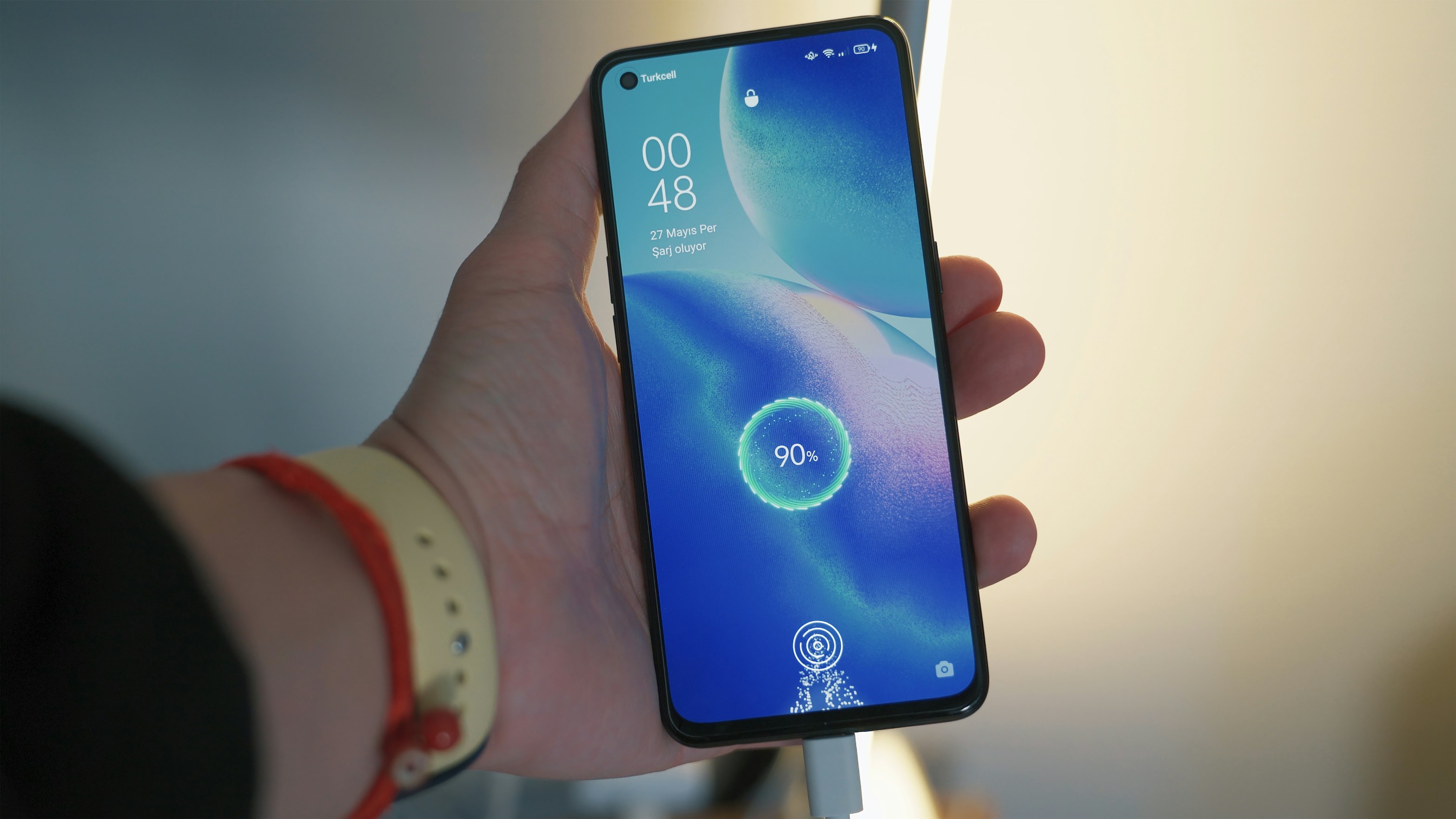On June 9, the Latin American country integrated Bitcoin into its mainstream economic system, a move that has split worldwide experts on the possible consequences of the decision. On the other hand, others are more dubious of the action, claiming that Bitcoin is too volatile to be utilized as a widespread form of payment because of its volatility. But before we dive into our article, we were hoping you could register yourself on website and learn the easiest ways to earn profit in British currency.
Some professional economists have even warned that the dangers associated with the acceptance of Bitcoin as a legal tender have led several El Salvadorans to go to the roads in protest against the decision. Those opposed to the decision argue that El Salvador’s administration has presented the order as a solution that would spur economic growth and job creation. On the other hand, local opinion surveys indicate that Salvadorans are dissatisfied with the move, and the World Bank has cautioned against its implementation. Some observers have also referred to it as an “attention-seeking manoeuvre” by an “authoritative regime” to garner notice.
In a nutshell, the advantages of bitcoin adoption are as follows:
- In addition, El Salvador is already dependent on a first-world currency, which presents difficulties when it comes to lending and borrowing.
- Being dependent on the U.S. currency is a hindrance to developing markets.
- The use of Bitcoin may lower the cost of international remittances.
- The use of cryptocurrencies in El Salvador may increase foreign investment.
Bitcoin Is Becoming More Widely Accepted
According to Nigel Green, chief executive and founder of deVere Group, a major financial services company, the move will be a watershed moment in the expansion of Bitcoin’s acceptance. “El Salvador is making history by taking a brave step towards the future of money – which is, unavoidably, digital – by formally accepting Bitcoin as legal currency alongside the United States dollar,” he says. Countries in other parts of the world, particularly those in Central and South America, will be watching closely to see whether the experiment intended to stabilize El Salvador’s fragile economy is booming.
The choice taken by the youthful, unconventional president, NayibBukele, has significant dangers. These include the potential that El Salvador may run out of dollars and the chance that organizations such as the International Monetary Fund (IMF) will not look favorably on a country that has embraced Bitcoin.” Green adds, “However, I am cautiously hopeful about El Salvador’s adoption of Bitcoin for several important reasons.” First and foremost, El Salvador decided to rely on a significant ‘first-world currency, the U.S. dollar, to conduct all of its financial operations. However, this dependence on another country’s currency brings a unique set of issues, many of which are very expensive.
“The El Salvadoran government is unable to create its currency, and the country’s economy is unable to profit from the Federal Reserve’s money-printing agenda. “Accordingly, El Salvador must borrow or earn the funds it needs. In emerging-market economies, such as El Salvador, a stronger U.S. dollar can have a crippling effect on the economy. Bitcoin works on a global scale and, as a result, is heavily influenced by developments in the global economy as a whole.
“Second, central banks across the globe have been depreciating their currencies, while Bitcoin’s supply is not only restricted, but new coins are also being mined at a decreasing pace, putting the cryptocurrency at a competitive disadvantage. Therefore, El Salvadorans may discover that their newly adopted currency provides them with more buying power when making purchases from abroad.” He suggests that the acceptance of Bitcoin in El Salvador may lower the cost of remittances, which are a significant source of income for millions of people. Compared to money transfer services or bank wires, remittances would be quicker and more convenient, resulting in a probable rise in remittances. They will send back almost $6 billion in 2020, equal to 23 percent of the country’s gross domestic product in that year.
The owner of a tiny workshop in Colon, an impoverished town 19 kilometers (12 miles) west of San Salvador, said he and his daughters in California had no plans to use the digital currency. They consider it to be a liability. According to the 60-year-old, “They’re not delivering it that way because they’re concerned about losing the money or that it won’t reach me.” “We have no intention of taking the risk at any point in the future.”
El Salvador will become the first nation in the world to recognize Bitcoin as legal money starting on Tuesday, September 7. President NayibBukele has said that any Salvadoran may download the government’s digital wallet “CHIVO” – a term from the local language that means “good” – and use it to take bitcoin or dollars as payment.







